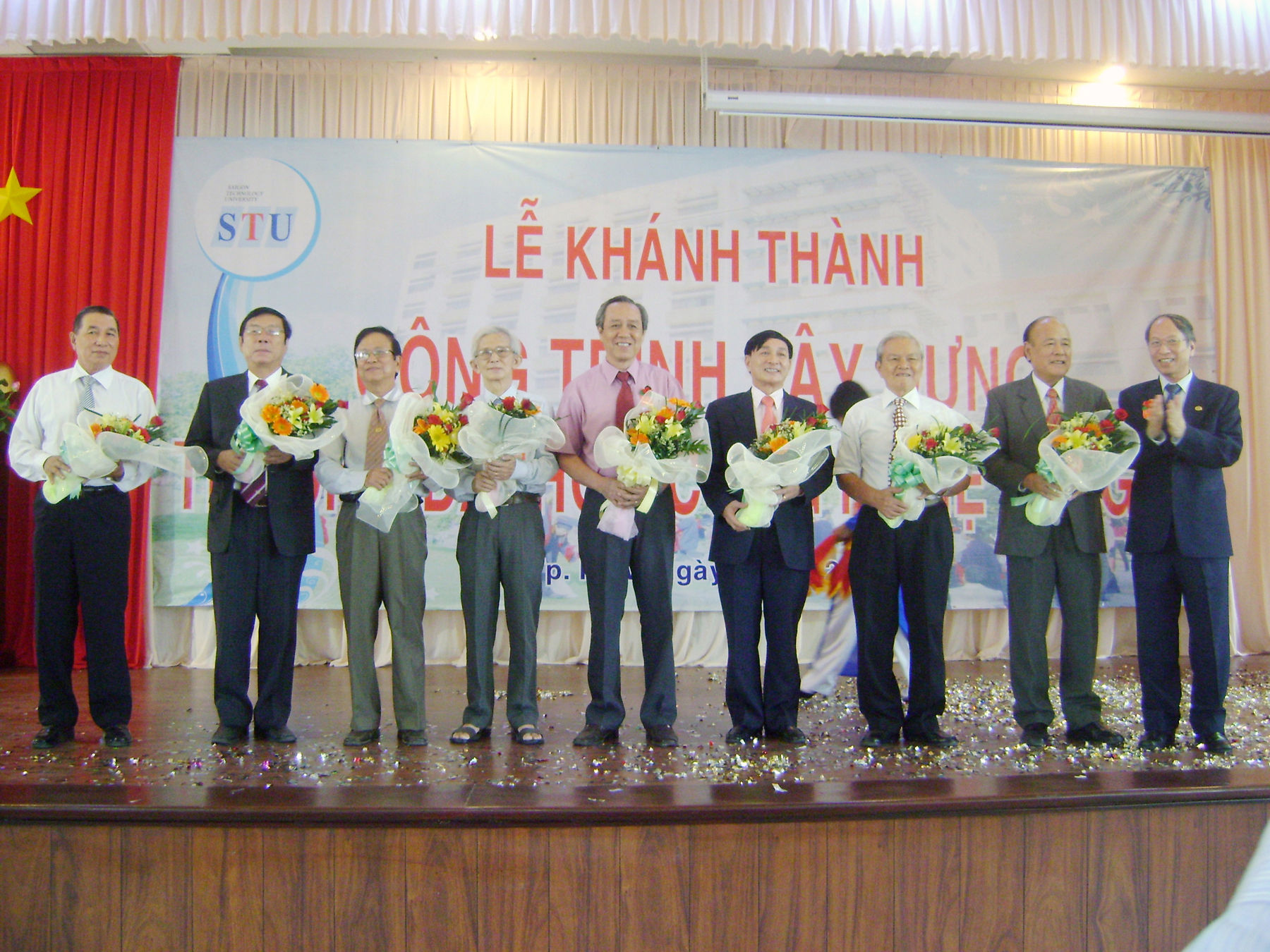News and Events
PrintLaw revisions push vocational training
Update 04/05/2013 - 07:57:29 AM (GMT+7)The country should revise the 2006 Law on Vocational Training in order to get private sectors to invest more in this practice and attract more students to trade jobs, said Duong Duc Lan, Director of the General Department for Vocational Training.
The current law on vocational training encourages businesses, organisations and individuals to pool their resources in a vocational training fund. But enterprises do not want to contribute to the fund, saying they already pay taxes, so the fund has not yet been set up, according to Lan.
"The amendments to the vocational training law should be more specific and realistic," Lan said.
While a Politburo directive specified that at least 30 per cent of secondary school leavers must attend vocational training courses by 2020, Lan said that this number was rather low in comparison with the world target of 60-70 per cent.
Currently, only 5 per cent do so.
However, how students can be convinced to undertake vocational training in a country where people consider higher education far more important has yet to be determined.
Pham Nhu Nghe, an official from the Education and Training Ministry, proposed offering training centres financial incentives to upgrade their facilities in order to lure more students.
There are thousands of private vocational training centres in communes, hamlets, and villages, which provide around 30 per cent of the total labour force nationwide. But these have not been properly recognised for their services, said Vice Chairman of the National Association for Vocational Training and Social Services Phan Chinh Thuc.
He said the revised law should encourage organisations and individuals to establish vocational training centres and skilled workers to participate in vocational training.
"In addition, the law should regulate private vocational training centres so that they can be equal to State-owned ones," Thuc said.
Some employers echoed the push for vocational training but emphasised that it should be provided by the State.
"For occupations that require complicated skills, the Government should offer a higher level of vocational education at the university level," said Dang Thanh Hai, deputy general director of the Vietnam National Coal- Mineral Industries Holding Corporation Limited, to the Thoi bao kinh te Vietnam (Vietnam Economic Times).
Related News
- Vietnamese student grabs bronze at Microsoft Office Specialist World Championship (05/08/2019)
- Vietnam wins big at WICO 2019 (30/07/2019)
- Vietnamese woman seeks second college degree at age 63 (26/07/2019)
- Vietnamese students win more golds at ASEAN Schools Games (23/07/2019)
- Vietnam acquires Australia’s experience in university governance (29/05/2019)
- High-school graduates turn away from higher education (28/05/2019)
- Vietnamese students win Asian Physics Olympiad medals (16/05/2019)
- PM approves project applying IT in law dissemination and education (06/05/2019)
- Universities, firms join hands in training high-quality agriculture workforce (23/04/2019)
- Vietnamese university named in top 101-200 of Impact Ranking (05/04/2019)














